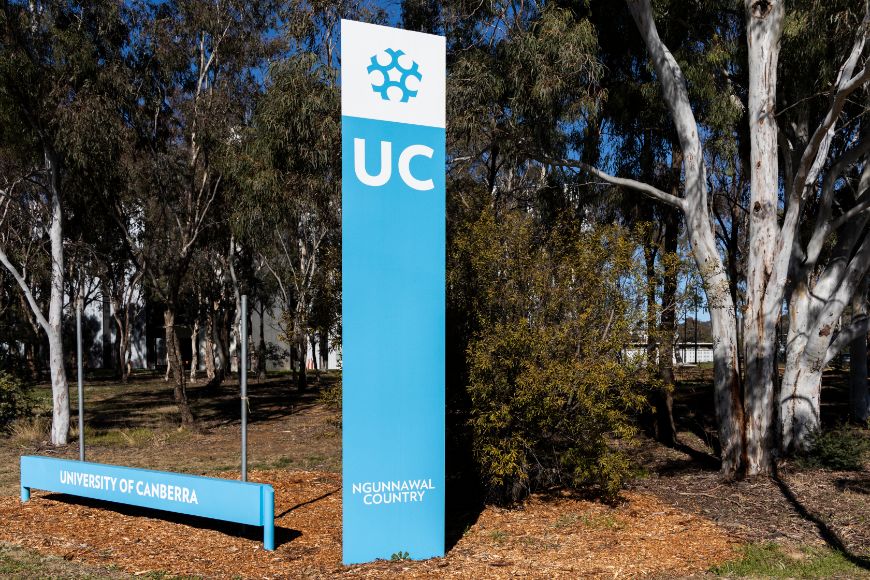A University of Canberra student has found an alternative to reducing the common skin infection cellulitis by 77%, to avoid the use of repeated antibiotics.
PhD Student Elizabeth Webb conducted a randomised trial using compression therapy in patients with leg swelling and found it reduced the frequency of contracting the common skin infection.
With almost 130,000 diagnoses per year, Ms Webb said she pleased to have found a non-drug intervention for the condition.
“I am delighted that this research has demonstrated our long-held belief that compression therapy is effective in preventing recurrent cellulitis in individuals with leg swelling,” she said.
“Translation of this knowledge into practice will be of great benefit to Canberrans, but also to Australians and cellulitis sufferers around the world.”
The work has now been noticed internationally and was published in the New England Journal of Medicine.
“As the New England Journal of Medicine is one of the most widely read and trusted medical journals in the world, we are so pleased that our message will be broadly disseminated,” she said.
“It is not often that physiotherapy led research is published in this prominent journal and I believe this publication is a win for both the physiotherapy and allied health voices.”
Research supervisor Dr Bernie Bissett said she was proud of the world-class randomised trial held at Calvary Hospital for the research and was grateful for Canberrans that took part.
“The results of this study will seriously change the way that we manage leg infections in patients with leg swelling – and publishing in the New England Journal of Medicine means we can change practice around the world,” she said.
“We now know that compression therapy – by a skilled lymphedema therapist – can reduce the risk of leg infection by 77%. This is more powerful than the effect of any other treatment we know of, including antibiotics.”



